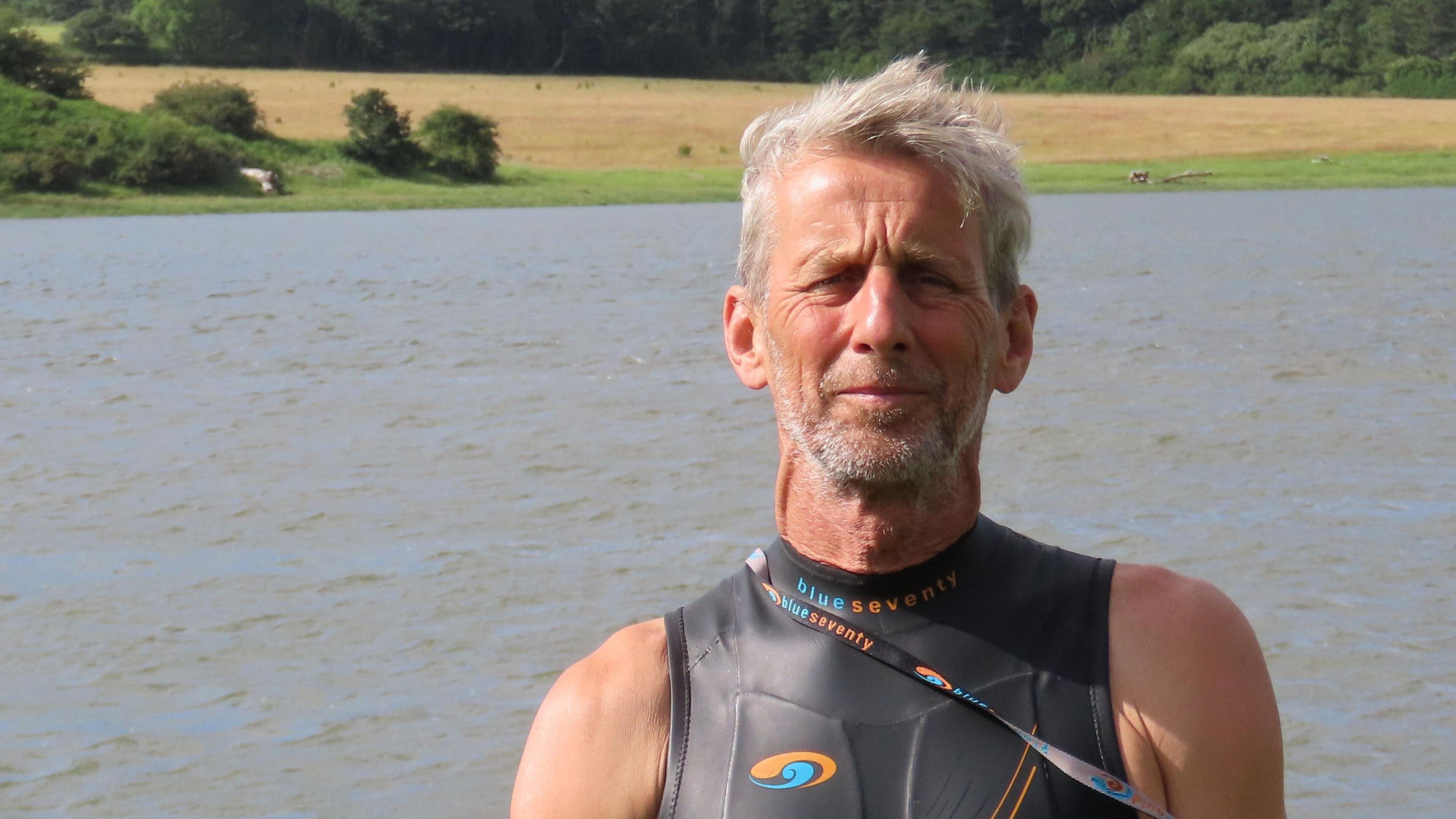Farmers encouraged to get involved in river health
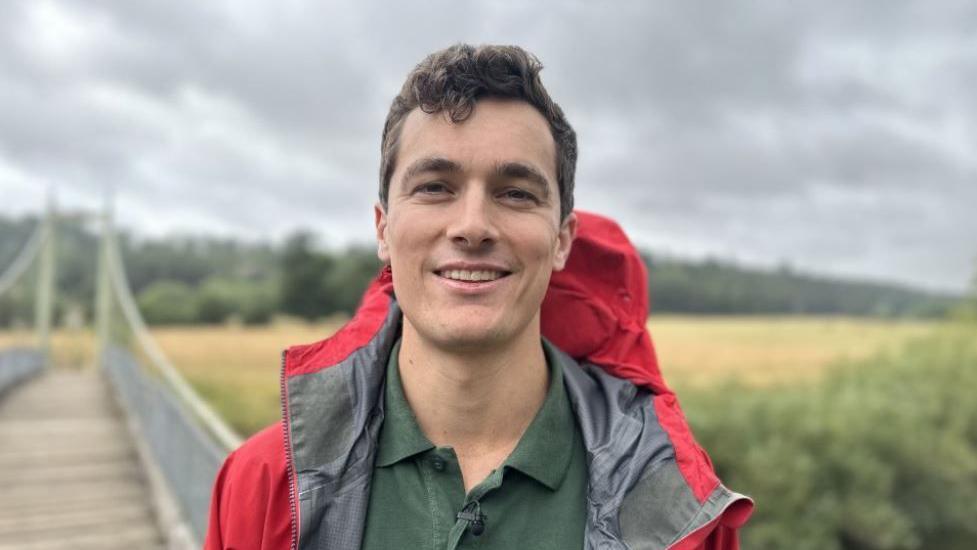
Max Eckert said he was 'blown away' by the enthusiasm of farmers
- Published
The River Wye in Herefordshire has become a symbol of all that is wrong with England's waterways.
Like many others, it is dealing with climate change-driven water flow problems.
It also has pollution issues caused by everything from sewage overflows to intensive agriculture.
But now a project called Wyescapes, external is aiming to restore the health of these rivers by thinking both big and very long-term.
According to Natural England the health of the river is "unfavourable - declining" - official shorthand for "pretty bad and still getting worse".
From insect life to fish and water quality, not much in the river is thriving, despite it in theory having the highest possible level of protection.
Farmers and nature experts in the area want to come together to try and help the Wye and its tributary, the Lugg recover.
But the people behind Wyescapes said if they can convince enough farmers along the Wye to change the way they farm, then the future of the river could be much brighter.
Wyescapes is run by Herefordshire Rural Hub in partnership with Herefordshire Meadows, Herefordshire Wildlife Trust, and The Wye and Usk Foundation.
Standing on a very wet bridge over the river itself, programme manager Max Eckert explained how interest in the project had exploded.
He said: "We've been blown away by the enthusiasm from our farmers and land managers.
"We started off with 36 at the start of this project. We've now 49 and over over 5,000 hectares."
It means much of the farmland along the Wye could end up in the project, and there is a waiting list of those keen to take part.
One idea is for farmers to stop intensive arable in the fertile land along the river's edge.
Instead, they would grow meadows rich in different grasses and flowers that can be grazed by Herefordshire cattle, as much of the land would have been in years gone by.
Pilot for a long-term project
Rory Johnson from the charity Herefordshire Meadows said it was "fantastic" so much land might be returned to meadow again.
"There's a story that the meadows were so valuable they helped pay to build Herefordshire Cathedral," he said.
Compared to the bare earth under arable crops, meadows hold onto soil and flood water, meaning less pollution in the Wye and lower flood peaks downstream.
Of course, for farmers used to crops like potatoes or wheat, switching to cattle is a big change.
But the Wyescapes project is set to last for 20 years, aiming to help farmers transition at a realistic pace for their businesses.
The farmers I met huddling under a tree out of the rain were keen to stress there was "a real willingness to change" and that the number of farmers taking part across such a large area made the project "hugely exciting".
This is very much a pilot, and if it works here then other parts of the country will be looking to do the same thing.
A final government decision on cash is expected early next year. If all goes well the aim is to use public money to unlock private investment too.
The problems the Wye faces are complex, as are the solutions. But by thinking in terms of decades rather than just three or four years, those in charge of the project believe the way they are working may be the river's best hope.
Get in touch
Tell us which stories we should cover in Hereford & Worcester
Follow BBC Hereford & Worcester on BBC Sounds, Facebook, external, X, external and Instagram, external.
Related topics
- Published11 March
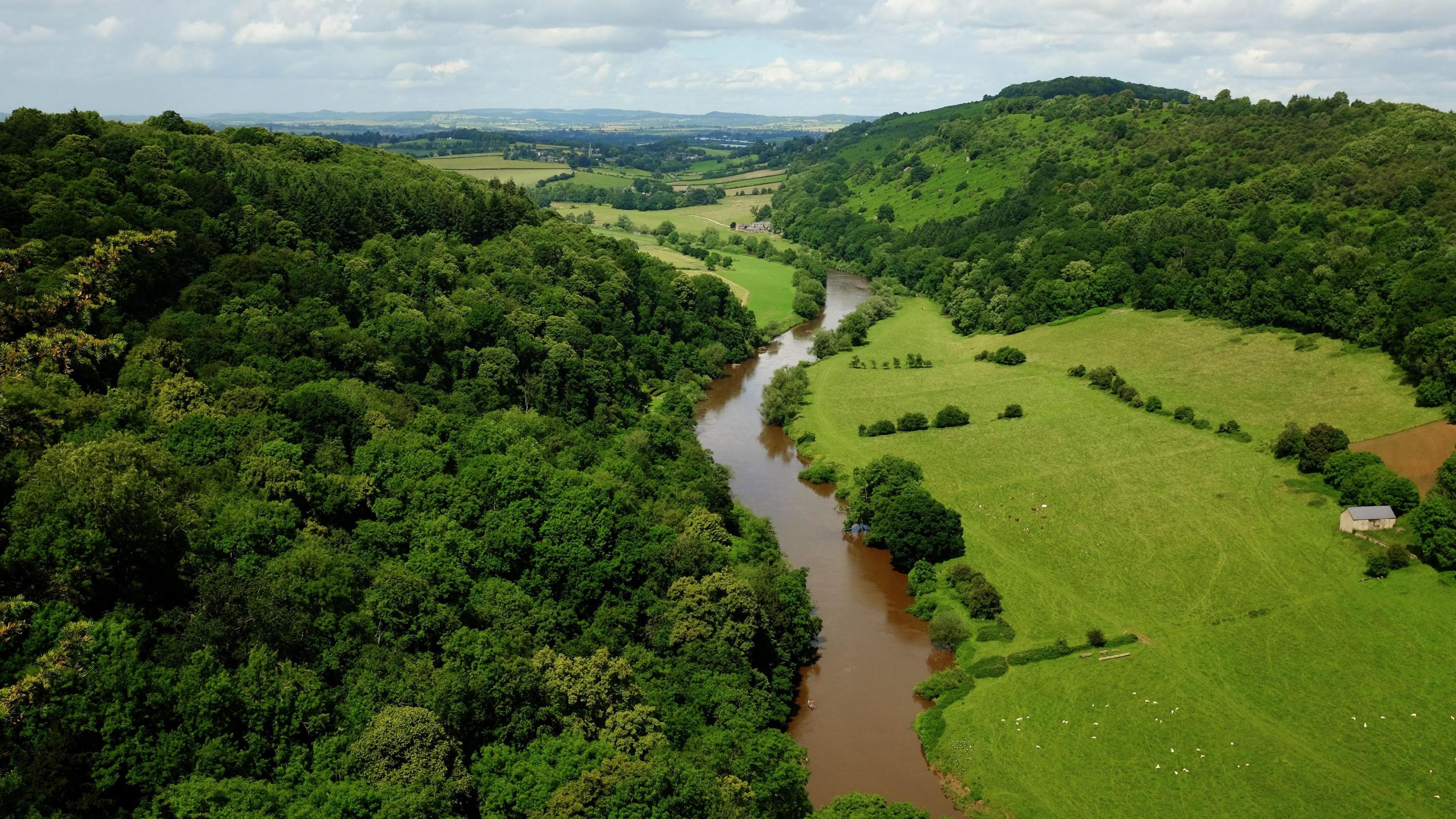
- Published4 February
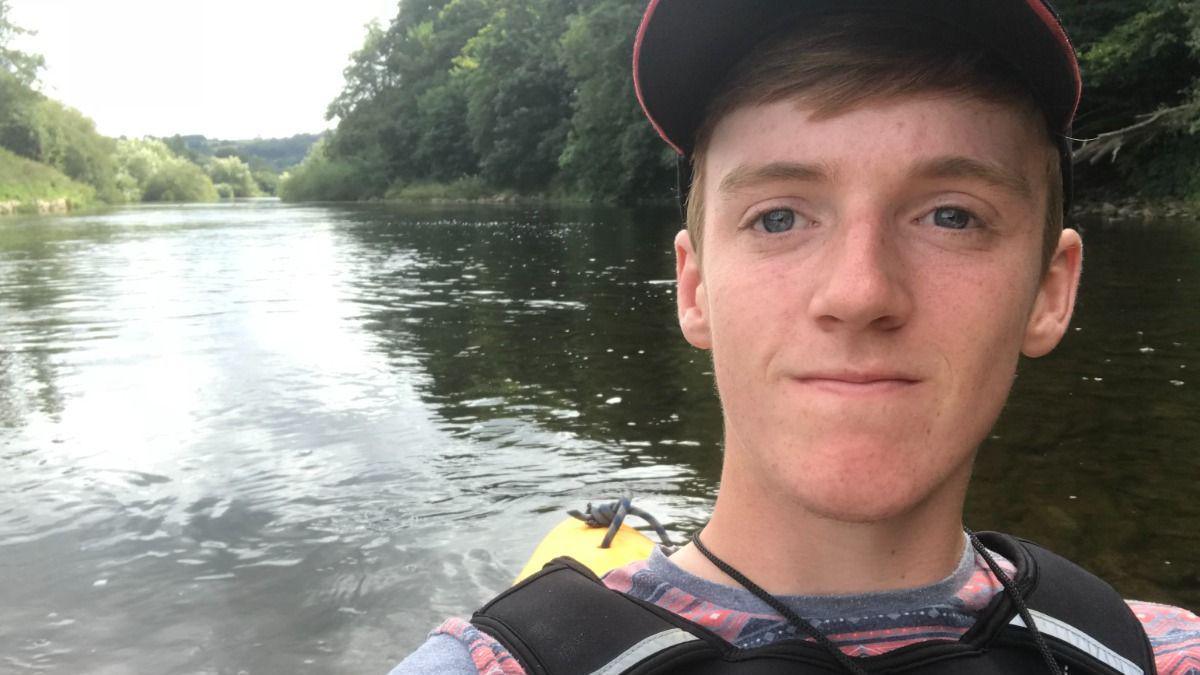
- Published8 June
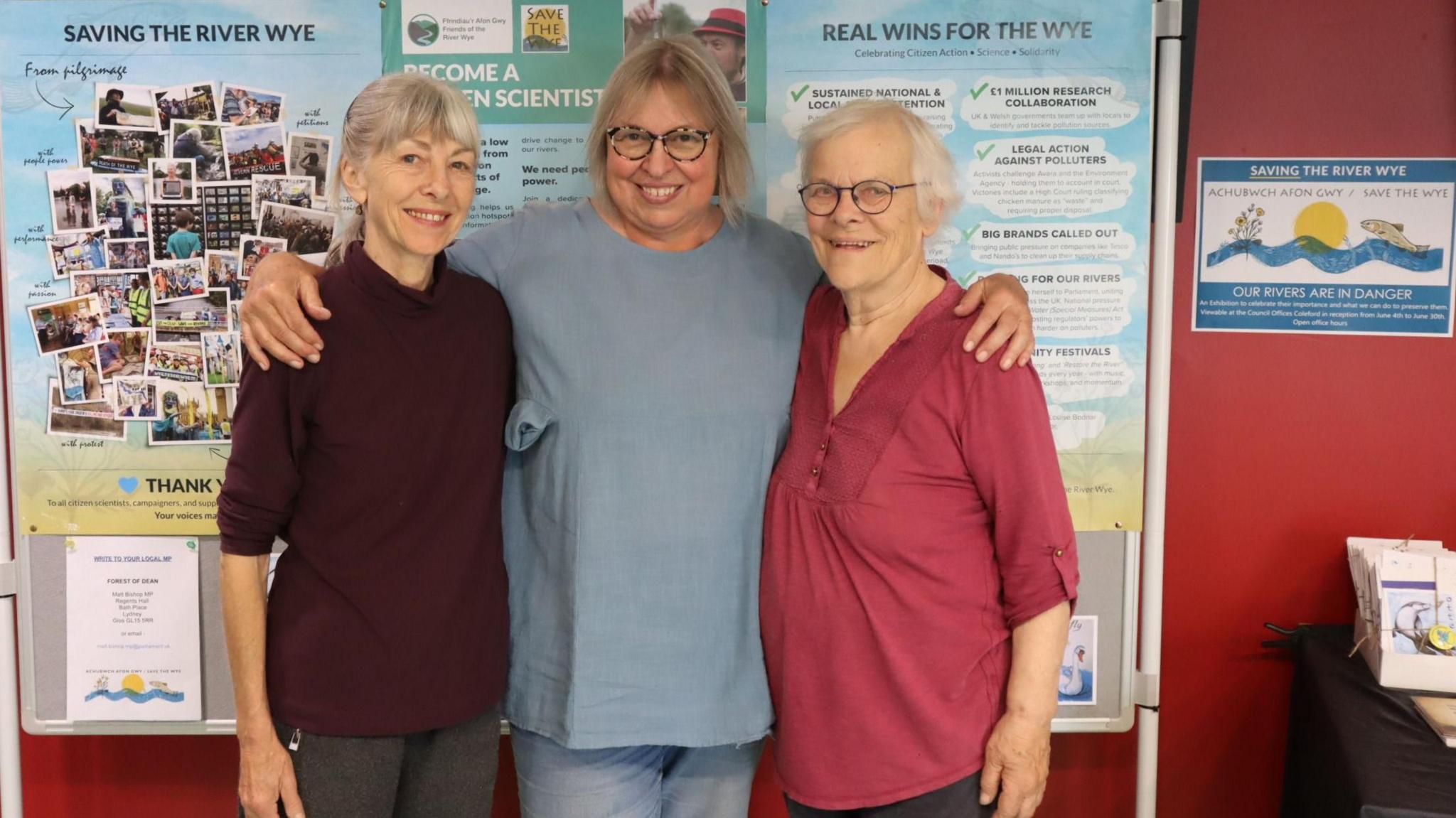
- Published25 June
